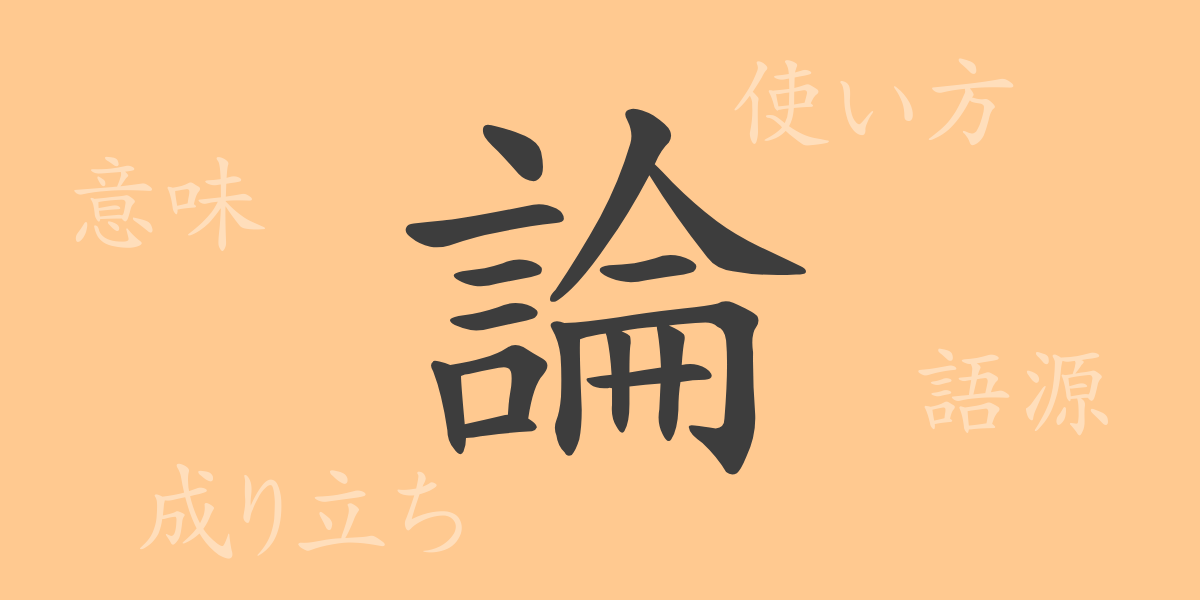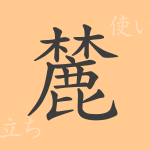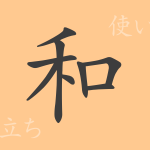Behind the rich expressiveness of the Japanese language lies a vast number of kanji characters. Among them, the kanji “論” (ron), which is frequently used in contexts involving debate and theory, is an indispensable element of our communication. In this article, we delve into the charm of the kanji “論” (ron), exploring its meaning, origin, and the idiomatic expressions and proverbs used in everyday life.
The Origin of 論 (Ron)
The kanji “論” (ron) is a character that originated in ancient China, and its form represents the accumulation of discussions. The idea of approaching the truth through the exchange of words and opinions is embedded in the etymology of this kanji.
The Meaning and Usage of 論 (Ron)
“論” (ron) is used when discussing or debating, as well as when presenting theories or viewpoints. In a culture that values logical thinking and debate, “論” (ron) is used in a wide range of scenarios as a kanji symbolizing intellectual communication.
Reading, Stroke Count, and Radical of 論 (Ron)
The kanji “論” (ron) has specific information regarding its reading and structure.
- Reading: In on’yomi (音読み), it is “ロン” (ron), and there is no kun’yomi (訓読み).
- Stroke Count: It consists of a total of 15 strokes.
- Radical: The radical is “言 (げん, gen)”.
Idiomatic Expressions, Proverbs, and Their Meanings Involving 論 (Ron)
There are numerous idiomatic expressions, proverbs, and sayings that include “論” (ron), each conveying the depth of the Japanese language. For example, “論争” (ろんそう, ronsou) means a clash of opinions or debate, while “論破” (ろんぱ, ronpa) means to refute someone’s argument. Additionally, “一論を交える” (いちろんをまじえる, ichiron wo majieru) means to exchange opinions, and “論より証拠” (ろんよりしょうこ, ron yori shouko) is a proverb indicating that evidence is more important than theory.
Summary of 論 (Ron)
The kanji “論” (ron) plays a crucial role in our language. As a tool for shaping debates and theories and deepening knowledge, and as an element supporting the rich expressions of the Japanese language, “論” (ron) is one of the indispensable kanji in culture and communication.

























